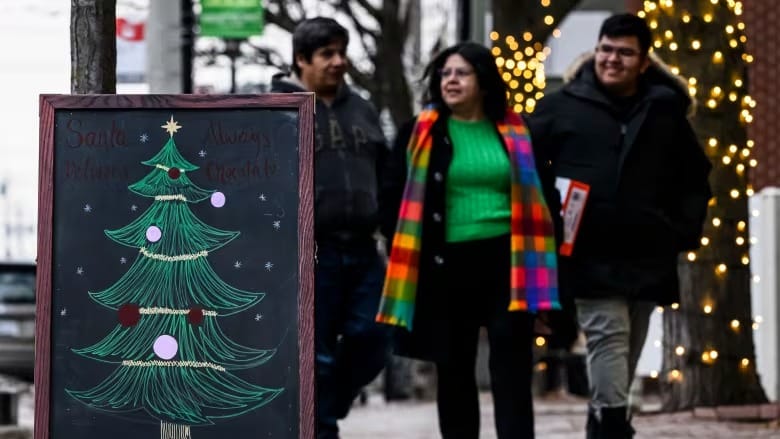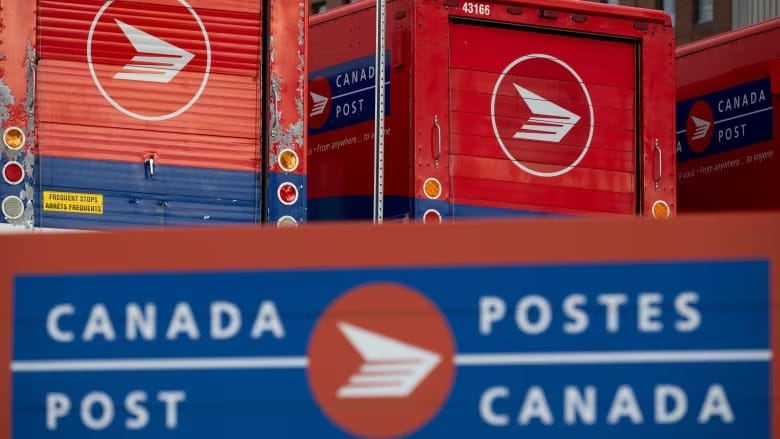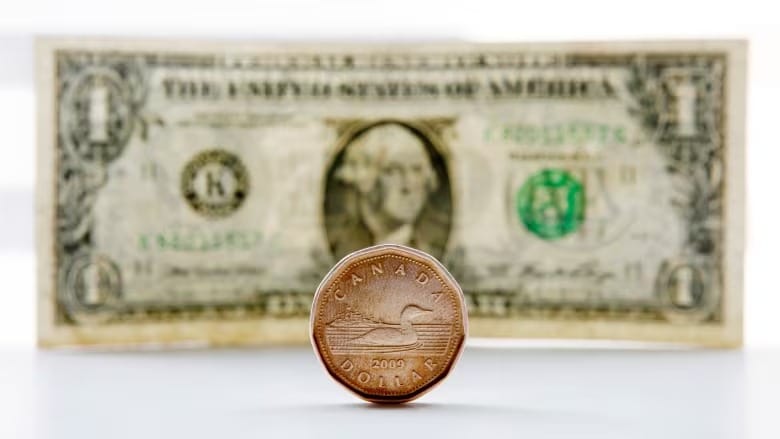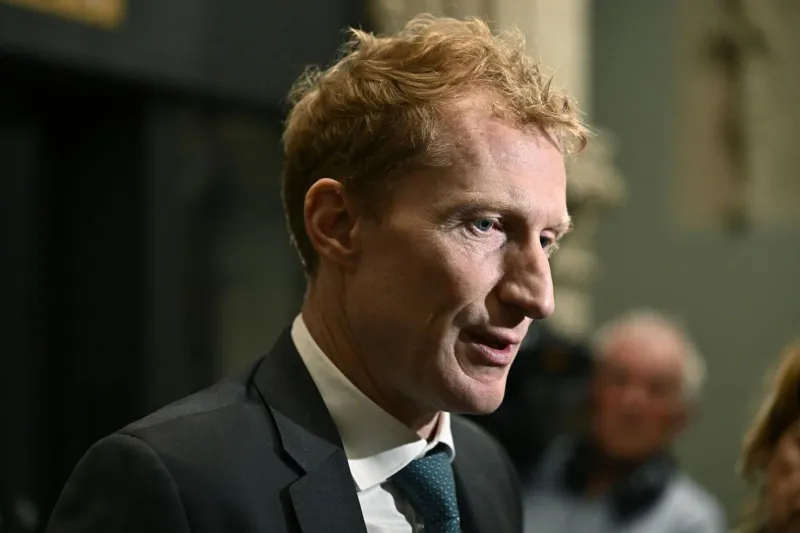Over half of Canadians don’t want an early election: Ipsos poll
Only in Alberta and Saskatchewan did a majority of respondents say they want the opposition to defeat the government “at the earliest opportunity.”
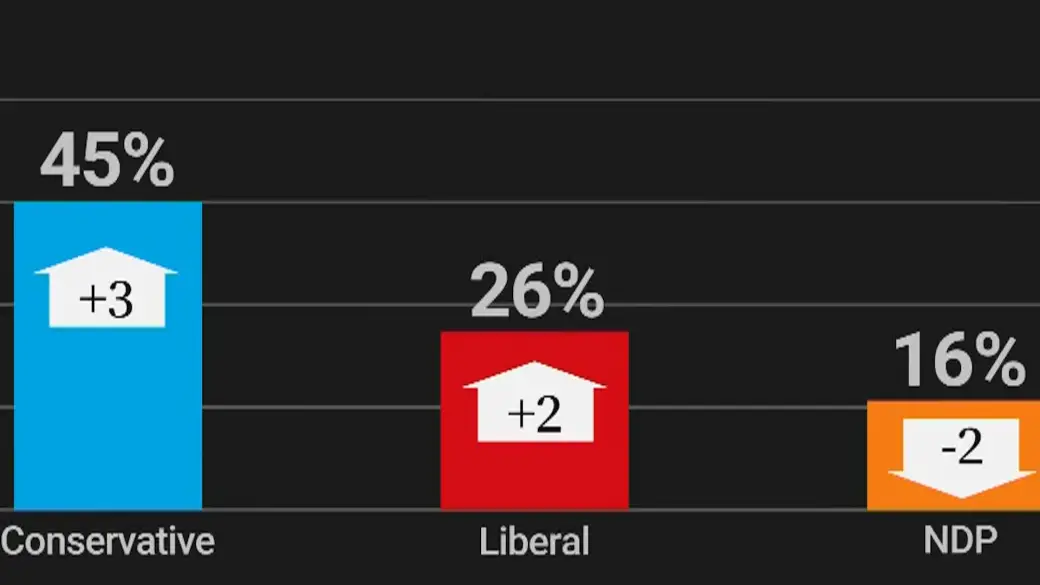
A new poll suggests that a slim majority of Canadians prefer opposition parties to collaborate with the Liberals rather than trigger an early election, despite Prime Minister Justin Trudeau’s continued low approval ratings.
The Ipsos poll, conducted for Global News from Sept. 6 to 10 and released on Wednesday, examined Canadians' views following the NDP's withdrawal from the supply-and-confidence agreement that had kept the Liberals in power until next fall.
With the deal's end, the likelihood of an early election has increased, as acknowledged by NDP Leader Jagmeet Singh after he “ripped up” the agreement last week. Conservative Leader Pierre Poilievre has called on opposition leaders to quickly bring down the government once the House of Commons reconvenes on Monday.
However, Ipsos found that 56 per cent of Canadians would prefer all parties to work with the government on a case-by-case basis rather than rush into an election. Only in Alberta and Saskatchewan did a majority favor bringing down the government "at the earliest opportunity."
Singh has stated he will assess each vote in the House of Commons individually and has not committed to supporting a non-confidence motion if one arises. He said on Wednesday he is “not going to listen to” Poilievre, who has pledged to present a non-confidence motion as soon as possible and challenged Singh to support it.
Although most Canadians are not eager for an election, the same poll revealed discontent with Trudeau and the Liberals, with just 28 per cent of respondents nationwide saying Trudeau deserves re-election, a trend seen consistently across regions.
The Conservatives lead with 45 per cent support, a nearly 20-point advantage over the Liberals, who stand at 26 per cent. The NDP, positioning itself as the party to take on the Conservatives after ending its agreement with the Liberals, sits at 16 per cent.
In Quebec, the situation differs slightly, with the Bloc Québécois at 34 per cent, followed by the Liberals at 25 per cent and the Conservatives at 23 per cent.
Canadians do not believe the Liberal Party’s prospects will improve if Trudeau steps down. A plurality of 47 per cent said the party would perform the same under a new leader, while only 28 per cent felt it would fare better.
The poll results were released as both the Liberals and the NDP held their annual caucus retreats. Speaking on Wednesday, Trudeau expressed confidence about the upcoming fall session of Parliament, emphasizing that he and his party would offer a clear contrast to the Conservatives.
“Our focus is on ensuring Canadians feel supported and confident about the future,” Trudeau said.
Despite some frustrations raised by Liberals ahead of the retreat, other party members publicly expressed optimism about their approach for the coming election year and Trudeau’s leadership.
The Liberals will soon face another test with two important byelections in Montreal and Winnipeg. Trudeau noted that voters in these races, and the next general election, will have to decide between Poilievre’s plan to cut services and the Liberals' plan to invest in the country.


